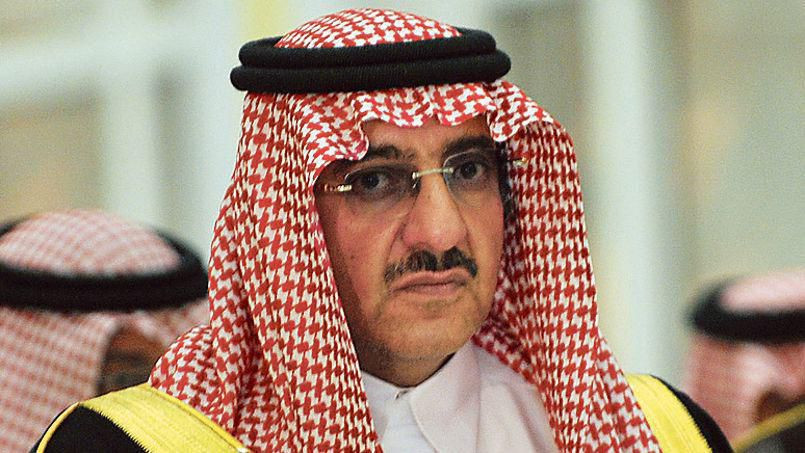Saudi Arabia Tightens Internet Surveillance in Fight Against IS
(Baonghean) - Recently, Saudi Arabia has added control over access to shady Islamic websites on the Internet in the anti-terrorism law that the country introduced in February 2014.
Recently, Mr. Mohammed Bin Nayef - Minister of Interior, who is considered to have an "iron hand" and is tough in the fight against terrorism, announced new measures to supplement the anti-terrorism laws issued since February 2014. It is known that international human rights organizations, including Amnesty International, have criticized Saudi Arabia's anti-terrorism laws.
According to the announcement of Minister Nayef, the coercive measures are aimed at the ultimate goal of censoring all the executions of hostages that the Islamic State organization IS publishes on the Internet and other social networking sites. Particularly for acts such as publishing videos or images of IS executions and burning hostages alive, the sentence will be 8 years in prison and other penalties.
 |
| Interior Minister Mohammed Bin Nayef. Photo: Fayez Nureldine/AFP |
However, the ban also applies to all other political and religious issues deemed contrary to the “values of the Kingdom of Saudi Arabia”. Popular social media sites such as Facebook, Twitter, WhatsApp and even mobile phones will be strictly censored. Saudis who violate the bans can be sentenced to between three and 30 years in prison and fines ranging from 2,000 to 600,000 euros. As for foreigners, the penalty for violating the ban is deportation from the country.
Currently, Saudi Arabia has about 5 million Twitter users. In a study conducted in 10 countries by PeerReach, Saudi Arabia is considered one of the countries holding the world record for the rate of Twitter users, higher than the United States. When he ascended the throne not long ago, King Salman of Arabia also encouraged the use of Twitter to develop freedom of speech. It is known that King Salman also uses Twitter and has 2 million followers.
It seems that the Saudi Arabian government’s fight against IS is becoming more and more radical, both internally and externally. Not long ago, Saudi Arabia built a 900 km long wall in the North, along the border with Iraq, and then added Internet censorship to the anti-terrorism law. All of these measures are aimed at the ultimate goal of preventing IS jihadists from returning to cause security disruption as well as preventing the spread of terrorist ideology in the country.
Chu Thanh(According to Le Figaro)






